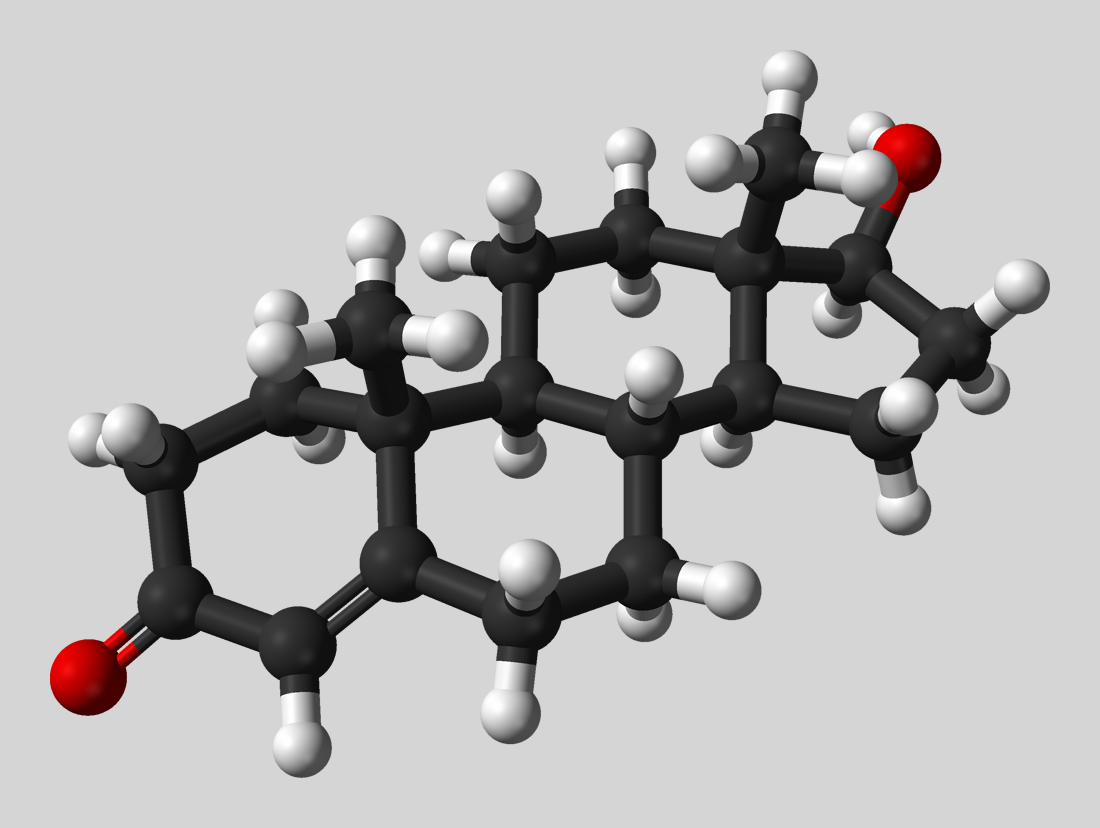We always hear about B vitamins as a group, but vitamins A, C, D, E, and K are all singular. So, what gives?
To start, there are eight different B vitamins. One of the reasons they’re classified together is that they can work together to make things happen in your body as a team. The B-Team is made of thiamin (B1), riboflavin (B2), niacin (B3), pantothenic acid, vitamin (B6), biotin (B7), folate (B9), and vitamin B12.
Let’s take a quick look at some of the B-Team’s key functions that optimize your health…
When our bodies process the carbohydrates, fats, proteins, and even alcohols we eat and drink, they contain energy that we need to keep us alive and moving. Vitamins B1, B2, B3, biotin, and pantothenic acid work together to help us release this energy from the foods we eat.
Vitamin B6 helps take some of the proteins we eat and turn them into neurotransmitters which help send signals through nerve cells. In other words, it helps us with moving and thinking. When B6 along with B12 and folate, can reduce the risk of cardiovascular disease by lowering a substance in the body called homocysteine, which is naturally occurring in the body but can be toxic at elevated levels.
Since we know that B vitamins can help nerve cells, it’s not that surprising that B vitamin supplementation might help both healthy and at-risk populations deal with stress, especially people who don’t eat well or suffer from poor moods.
Folate is critical during pregnancy and it’s necessary for normal brain and spinal cord development of the fetus, but it’s also essential throughout our lives. Folate is involved in synthesizing our DNA and this is extremely important in tissues where cells rapidly divide like intestines, skin, and bone marrow (red blood cells). This is` why folate deficiency can lead to anemia, a condition where we cannot carry enough oxygen in our blood.
Vitamin B12 deficiency can also lead to anemia. Vitamin B12 is also required for the maintenance of something called the myelin sheath, a protective coating around the nerves. When we don’t have enough B12, we can start having neurological symptoms like tingling or even loss of balance.
This vitamin also has a complicated absorption process and if our digestive system is unhealthy in any way, the absorption can be compromised leading to deficiency.
Your optimum health takeaway
References:
Mikkelsen, K., & Apostolopoulos, V. (2018). B Vitamins and Ageing. Subcellular Biochemistry, 90, 451-470. doi:10.1007/978-981-13-2835-0_15
van Guldener, C., & Stehouwer, C. D. (2001). Homocysteine-lowering treatment: an overview. Expert Opinions in Pharmacotherapy, 2(9), 1449-1460. doi:10.1517/14656566.2.9.1449
Young, L. M., Pipingas, A., White, D. J., Gauci, S., & Scholey, A. (2019). A Systematic Review and Meta-Analysis of B Vitamin Supplementation on Depressive Symptoms, Anxiety, and Stress: Effects on Healthy and ‘At-Risk’ Individuals.






